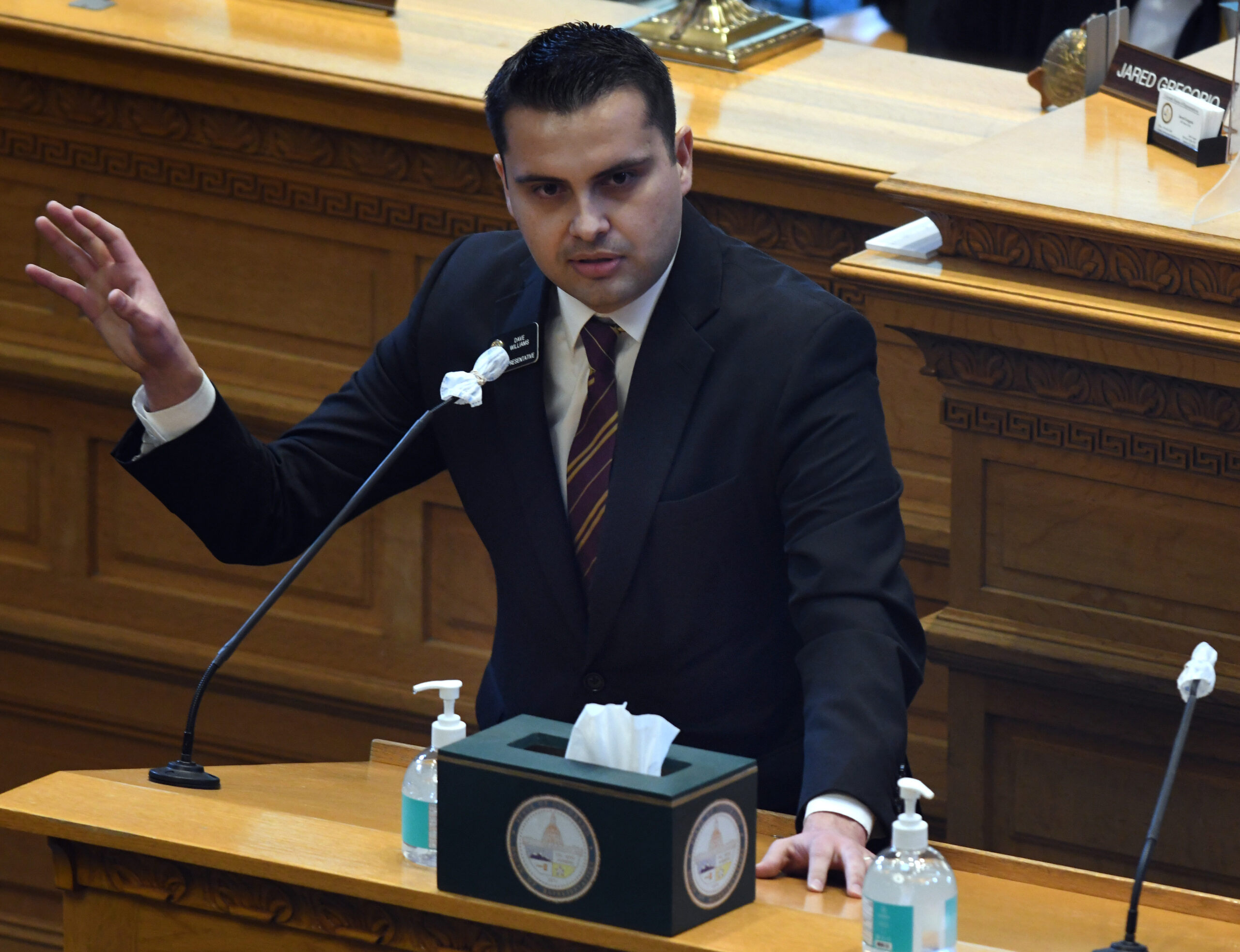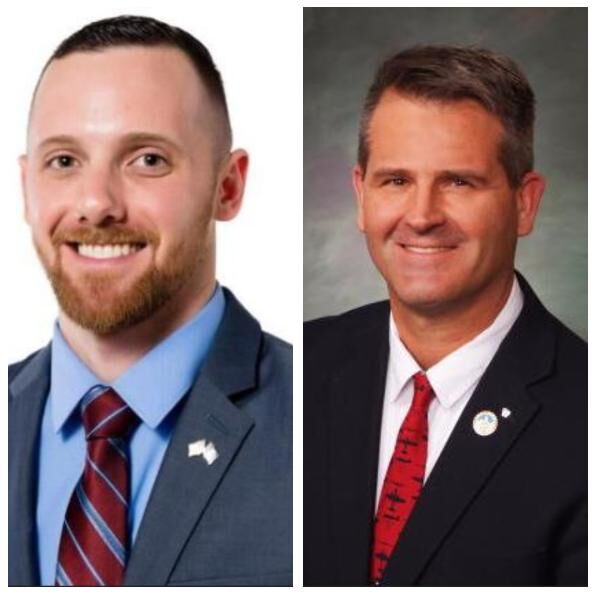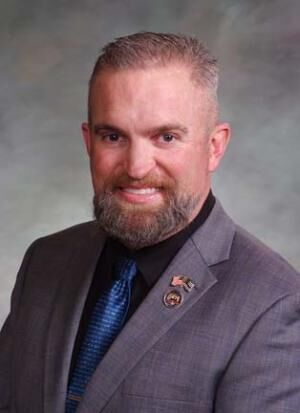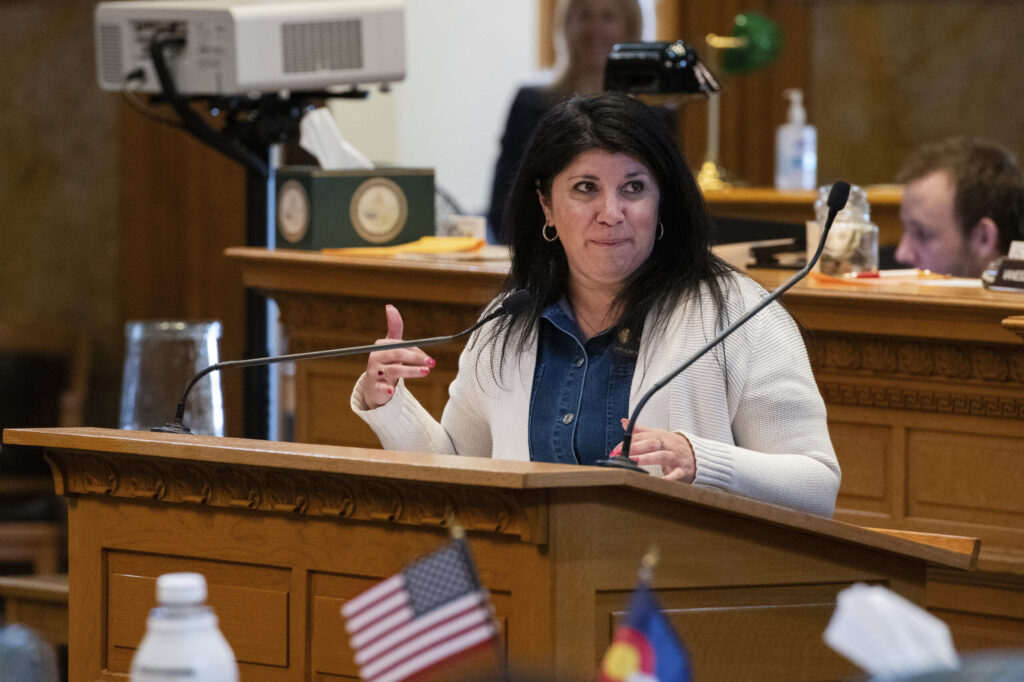Bill to expand election vacancy committees clears first hurdle

A state House panel yesterday advanced a Republican-sponsored measure that seeks to expand the composition of committees that fill political vacancies.
The decision departs from practice – as a general rule, House Republicans whose bills end up in the Democratic-controlled House State, Civic, Military & Veterans Affairs Committee have only one likely outcome: “postponed indefinitely.”
It happened Monday to three of the four bills, sponsored by Republicans, that the committee reviewed.
But the vacancy committee bill from Rep. Dave Williams, R-Colorado Springs won an 8-3 vote and is now headed to the full House for debate.
Has Williams found a key to winning in State Affairs? Maybe.
It’s the second time in the past two sessions that the committee has greenlighted one of his election-related bills, although last year’s effort – allowing a lieutenant governor to run for another office at the same time – received a veto from Gov. Jared Polis.
Under current law, a political party central committee is required to appoint a vacancy committee. If that doesn’t happen, then the central committee serves as the vacancy committee.
House Bill 1044, as introduced, requires vacancy committees to include all precinct committee persons, as well as delegates elected to the county assembly from the relevant district. The bill also applies to vacancies for county commissioner and the State Board of Education.
A strike-below amendment to the bill, however, says that, as it applies to vacancy committees, the central committee of a jurisdiction – a House district, for example – shall be part of the vacancy committee.
The composition of vacancy committees is a big issue at the state Capitol, particularly since so many members join the legislature through this process.
Two members of the state affairs committee, Reps. Andrew Boesenecker, D-Fort Collins and Steven Woodrow, D-Denver, both won their House seats initially through a vacancy committee election. At least a dozen other lawmakers in the current General Assembly first got to the state Capitol through vacancy elections.
In the 2022 session, Rep. Mandy Lindsay, D-Aurora, was elected through a vacancy committee, and this Saturday, a vacancy committee in Pueblo will chose a new senator for Senate District 3, which is being vacated by Senate President Leroy Garcia.
“I wanted to do something to expand the voting base” for vacancy elections, Williams told the committee.
“There are instances where a handful of people have picked state legislators” who represent 80,000 to 100,000 people, Williams said, calling it “off.” The concept is to prevent five or 10 people from picking who fills that position, he said.
“This will democratize the vacancy process,” to ensure more eyes and more voters decide who should represent the districts, Williams told the committee.
Boesenecker noted that his vacancy committee was made up of 78 people from the central committee. Lindsay’s vacancy committee had 37 members, one of the lower numbers on the Democratic side, according to committee Chair Rep. Chris Kennedy, D-Lakewood. But there have also been examples of only five people on a vacancy committee, Kennedy said.
Williams said there needs to be more consistency. While having 78 members on a vacancy committee is a good thing, in other situations it’s only a handful, he said, adding, he solicited input from the Colorado Democratic Party and believes the amendment would satisfy their concerns.
Rep. Patrick Neville, R-Castle Rock, commented on the vacancy committee election for Rep. Richard Holtorf, R-Akron, who succeeded the late Rep. Kimmi Lewis, R-Kim. Even in a blizzard, he said, 55% to 60% of the members of the vacancy committee showed up. But he’s seen the opposite, too, including a situation where a five-member vacancy committee included two who didn’t live in the district, Neville said.
Celeste Landry of Boulder was the only witness on the bill Monday. She’s got her own experience with vacancies: Landry was selected to replace Michael Baca, a “Hamilton” elector, in the 2016 Electoral College vote in Colorado that supported Democratic President candidate Hillary Clinton.
“I cringe when I see a vacancy committee” that has just a handful of people, Landry said, and she complimented Williams for addressing her concerns on consistent vacancy committee membership.
Williams’ bill won “yes” votes from six of the committee’s seven Democrats and two of its four Republicans.














